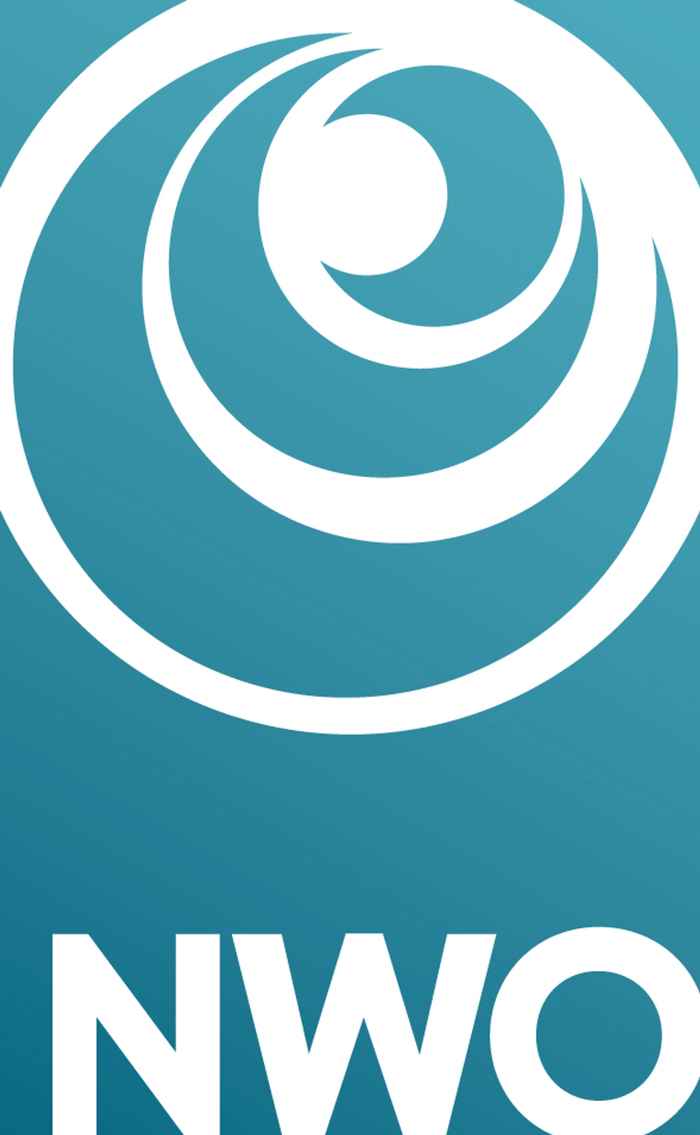Five Humanities researchers receive funding from Open Competition NWO
18 July 2022

The NWO Domain Social Sciences and Humanities received a total of 81 complete applications this year, of which 58 were granted. With each proposal, a maximum budget of 750,000 euros could be applied for.
The accepted proposals:
Crossing language borders
Enoch Aboh (UvA), Felix Ameka and Maria del Carmen Parafita Couto (Leiden University)
Multilinguals easily weave their languages together like artists engaged in a colourful painting on a canvas. This process is called code-switching/code-mixing (CSCM). In multilingual communities like in Benin (West Africa) and Belize (Central America), CSCM is the norm in conversations, but we still don’t know how speakers mentally adapt to such multilingual contexts. Using analytic tools of the language sciences, the project seeks to understand how multilingual speakers do it. The findings can impact policies and practices of language use in education in these and similar multilingual communities where language mixing is the daily practice.
N∅thing is Logical
Maria Aloni (UvA)
When told that you may stay or go, you normally conclude that you may stay and you may go, contrary to the prescriptions of classical logic. This project investigates such cases of divergence between human and logical-mathematical reasoning and, challenging the canonical view, hypotheses that they are a straightforward consequence of a tendency in human cognition to neglect empty representations (horror vacui). We will develop logics which model this tendency and rigorously isolate its effects on deductions and interpretation; and experimentally test the precise predictions arising from these formalisations.
How literacy shapes language learning: a longitudinal approach
Sible Andringa (UvA)
If you cannot read and write, then you probably do not know what a word is exactly, or that a letter represents one of the sounds we can make when speaking. Without such knowledge, it may be difficult to learn a language. We know that literacy imbues all kinds of cognitive changes, but we do not understand well yet what these changes mean for how a language is learned. This project tries to understand how literacy changes language acquisition by following groups of emerging readers (children and adults) longitudinally, when learning a language and simultaneously learning to read and write.
The Facing Srebrenica Project
Guido Snel (UvA) and Erna Rijsdijk (NLDA)
From January 1994 until July 1995, Dutch UN soldiers made a large number of private photos during the siege of Srebrenica. These photos show life in the enclave, and many of them contain images of people who were killed in the genocide in July 1995. This project will archive and open up this visual heritage for future generations, in close collaboration with survivors and veterans in Bosnia, the Netherlands and Europe. Drawing on the photos, the project will develop an inclusive history of Srebrenica, also for commemoration purposes.
New light on old remedies. Tracing medicinal plant use in the Low Countries through archaeogenomics and archaeobotany in the late medieval and early modern period (AD 1500-1800)
James Symonds (UvA) and Barbara Gravendeel (Radboud University)
This project will study changes in medicinal plant use in the Netherlands Low Countries in the early modern period. The project will develop a new methodology that integrates innovative methods from the digital humanities with state-of-the-art scientific techniques to generate datasets that combine information from historical sources, archaeology, and archaeogenomics. This approach will enable us to formulate new ways of combining information on medicinal plants and health from large but fragmented sets of archival and archaeological data. Our aim is to rediscover the lost or overlooked knowledge of medicinal plant use that is contained within archives and the archaeological record.